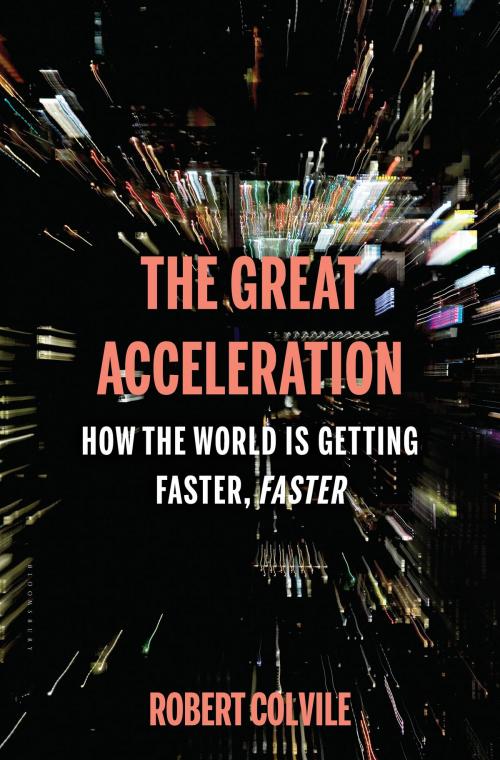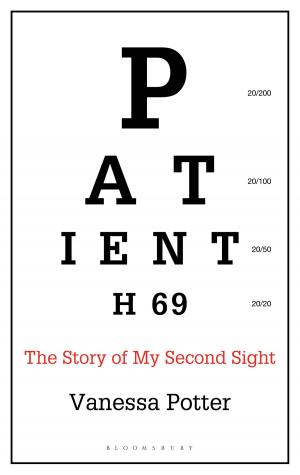The Great Acceleration
How the World is Getting Faster, Faster
Nonfiction, Science & Nature, Technology, Social Aspects, Science, Social & Cultural Studies, Social Science| Author: | Robert Colvile | ISBN: | 9781632864574 |
| Publisher: | Bloomsbury Publishing | Publication: | May 17, 2016 |
| Imprint: | Bloomsbury USA | Language: | English |
| Author: | Robert Colvile |
| ISBN: | 9781632864574 |
| Publisher: | Bloomsbury Publishing |
| Publication: | May 17, 2016 |
| Imprint: | Bloomsbury USA |
| Language: | English |
The Great Acceleration is an energizing account from a brilliant new writer of how our society is speeding up--and why we should embrace it.
In this revelatory study of modern living, Robert Colvile inspects the various ways in which the pace of life in our society is increasing and examines the evolutionary science behind our rapidly accelerating need for change, as well as why it's unlikely we'll be able to slow down . . . or even want to.
Exploring theories surrounding the effect of this speed on our minds and bodies, Colvile reveals how, contrary to gloomier predictions, living in a faster age might be beneficial for us, both physically and mentally. In addition to the universe of social media, he examines the opportunities that faster communication and operation could bring to everything from music, film, and books to transportation, politics, and government.
Comparing developments in cities and villages, advanced economies and underdeveloped countries, East and West, The Great Acceleration explains how the positives outnumber the negatives and, if this acceleration is truly inevitable, why we should rush to embrace it.
The Great Acceleration is an energizing account from a brilliant new writer of how our society is speeding up--and why we should embrace it.
In this revelatory study of modern living, Robert Colvile inspects the various ways in which the pace of life in our society is increasing and examines the evolutionary science behind our rapidly accelerating need for change, as well as why it's unlikely we'll be able to slow down . . . or even want to.
Exploring theories surrounding the effect of this speed on our minds and bodies, Colvile reveals how, contrary to gloomier predictions, living in a faster age might be beneficial for us, both physically and mentally. In addition to the universe of social media, he examines the opportunities that faster communication and operation could bring to everything from music, film, and books to transportation, politics, and government.
Comparing developments in cities and villages, advanced economies and underdeveloped countries, East and West, The Great Acceleration explains how the positives outnumber the negatives and, if this acceleration is truly inevitable, why we should rush to embrace it.















